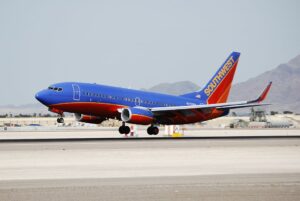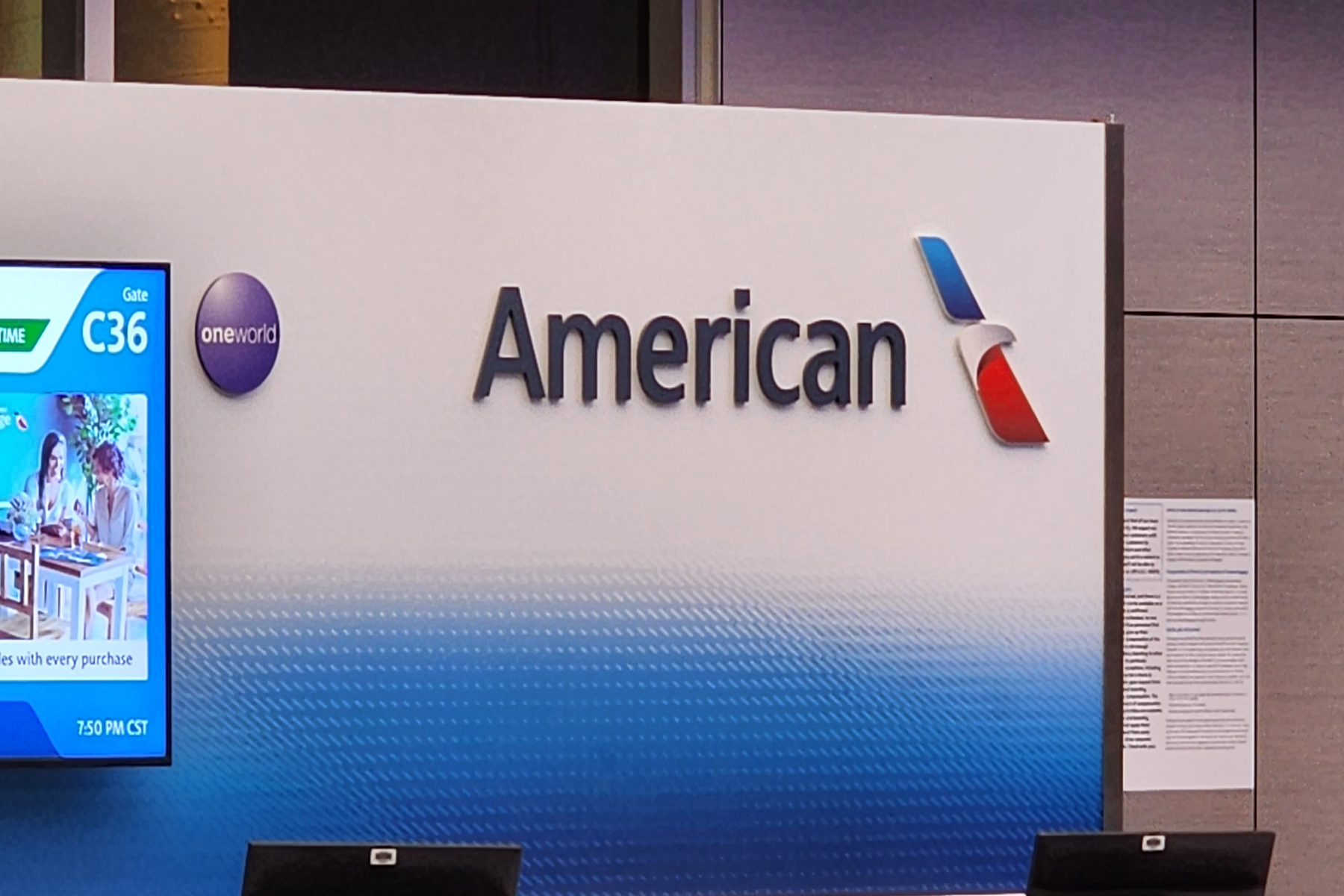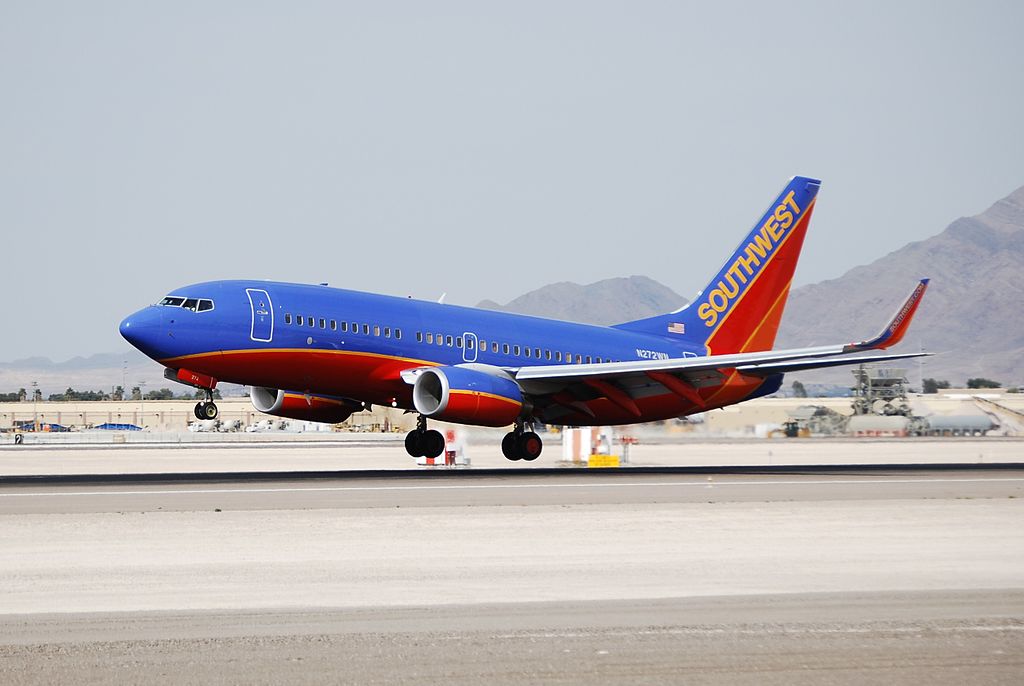Tim Clark Basically Called the Big Three A Bunch of Liars

In a fiery op-ed published this week, Emirates President Tim Clark lashed out at the leaders of the world’s three biggest airlines for carrying out what he describes as a relentless campaign against Gulf region airlines for perceived fair-trade violations, but inexplicably declining time and time again to follow the established processes for remedying the alleged slights.
To say that the much hyped White House summit between representatives of both Gulf airlines and U.S. legacy carriers was a disappointment to nearly everyone involved would be something of an understatement. According to insider reports, the meeting quickly devolved into bickering and name calling. In the end, the President reportedly passed the buck, urging the U.S-based airlines to file complaints with the appropriate federal agencies. Even though Qatar Airways CEO Akbar Al Baker (who allegedly called the U.S. delegation “liars” at one point) was also taken to task by President Trump for taking government subsidies, the Gulf carriers and U.S. airlines each declared victory shortly after the early July meeting.
Emirates President Sir Tim Clark took a victory lap of sorts this week. In his fiery July 31 op-ed published in Air Transport World, Clark suggested that U.S. airlines would rather whinge about perceived unfair trade practices and alleged open skies violations than make official complaints (as suggested by the President) for one simple reason – they don’t have a case.
“For years we have encouraged use of the IATFCPA [International Air Transportation Fair Competitive Practices Act of 1974] process and we are not alone – US airline and travel industry stakeholders including FedEx, JetBlue and U.S. Travel have similarly always urged the big three to prove their allegations via an IATFCPA review,” Clark writes. “However, instead of following an established 180-day process, the big three pursued their four-and-a-half-year, multi-million dollar lobbying campaign to try to limit consumer choice and marketplace competition. They even went so far as publicly refusing to file an IATFCPA complaint. Today, after more than 1,600 days and tens of millions of shareholder dollars wasted, they are where they didn’t want to be. President Trump’s message was clear: The big three need to finally begin the customary IATFCPA review, which they have been desperately avoiding.”
Clark went on to accuse the U.S. carriers of a “lack of candor” and relying on a “selective misrepresentation” of existing rules to mount a PR campaign against Gulf airlines. He noted that if these disingenuous allegations were to receive a fair hearing through the established system of due process, then the legacy airlines would likely lose an oft relied upon talking point.
In a counterpoint op-ed, published in December, Delta Air Lines CEO, Ed Bastian indicated that the Gulf carriers sometimes employ extreme measures to hide their misdeeds, making it difficult to pinpoint specific violations of existing open skies agreements. In one particularly egregious effort, he pointed out as an example, Qatar Airways is accused of using Air Italia as a thinly veiled front.
“Qatar said it would finally take steps toward fair competition in aviation, after it had enjoyed the benefits of billions of dollars in government subsidies – these subsidies drove U.S airlines out of the Mideast and India, and threatened thousands of airline jobs in the U.S,” Bastian wrote in his own December 21 editorial. “Only months later, Qatar is back to their old tricks, thumbing its nose at the Trump Administration with its clumsy scheme to get around its promises. These Italian routes, already highly competitive and well-served by existing carriers, are simply not economically viable without Qatari subsidies. By flooding these markets with subsidized capacity and dropping prices far below cost, Qatar is launching another assault on U.S. airline employees and travelers, and disrespecting the Administration.”
[Image Source: Emirates]
























I agree with Sabai the US carriers product is #%$^##$# compared to ME3 and even AF, yes AF great way to cross the pond to Europe. AA is a joke, UA can't figure it out and DL is so enamored with themselves forget it. AS was smart and made a deal with EK years ago and from what I have been told it works well on both ends. On all my return flights back to the US a better portion of connecting flyers are going to AS.
I'm not sure that the "Boeing has a government subsidy because they sell products that US Government buys" is a valid argument. You could argue that Boeing government business is subsidized by aircraft sales to airlines, domestic and international. More importantly, Boeing's chief competitor in the commercial airliner business is Airbus, and Airbus and subsidiaries do more government work (mostly European government, but also US) than Boeing does. Back to the Gulf air carriers vs US carriers issue under discussion, they are both whining. The Gulf carriers appear to be subsidized, yet US taxpayers subsidize US airliners far in excess of aviation taxes collected. US taxpayers also subsidize US airlines when they shift revenue from taxed ticket sales to tax free fees, (e.g. baggage fees). The US taxpayers bailed out Delta (and its ancestors like Northwest), United (and Continental, etc.) and American/US Airways multiple times. In exchange, these carriers show their gratitude for the US taxpayers that kept them afloat by gouging the same public with high fees and fares that have gone up considerably this year as consolidation has strengthened. (No doubt a good economy, as well as fewer domestic seats due to parked 737 planes has influenced prices too.) But if there is a complaint, the airlines should make a complaint. Put it in writing and follow the process, instead of whining and making complaint statements to placate their unions. Their real issue is they HATE competition outside of their cartel. Non-USA carriers seem to have much better flight service on the same international routes, and that's mainly why I choose them, but also I hate to support such nonsense moves by the USA companies.
Interesting how the comments generally agree that the USA is (at least) no better than what they accuse others of doing
Yes, the middle eastern airlines are benefiting from government subsidies. Yes, US airlines are benefiting from government subsidies. So are Asian carriers. I don't know about South American; haven't spent time looking at their data. If any party is violating agreements or breaking laws, file the reports/complaints and make the data public. Having about 2.6M BIS miles between DL, AA (AA+US+HP), UA (UA+CO) and 1.3M BIS miles between B6, VS, BR, SQ and KE, IMHO, US big 3 will be forced to actually treat passengers like paying customers if skies were really open. DL has started to slowly pull away from the rest of the pack by improving both hard and soft product. UA and AA continue to see how much more they can squeeze customers before eyeballs start to pop out. I still have around 700K miles sitting with AA but I'm willing to let it all burn with AA shutting down if it means fixing this oligopoly.
The US cartels do not like competition: DL, AA, and UA need to go pound sand.